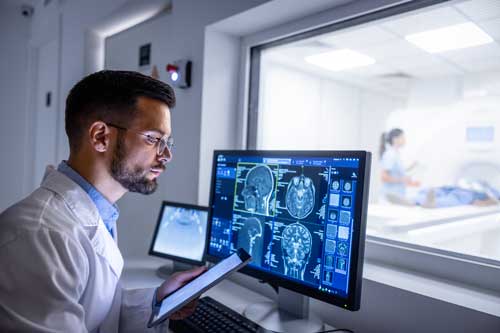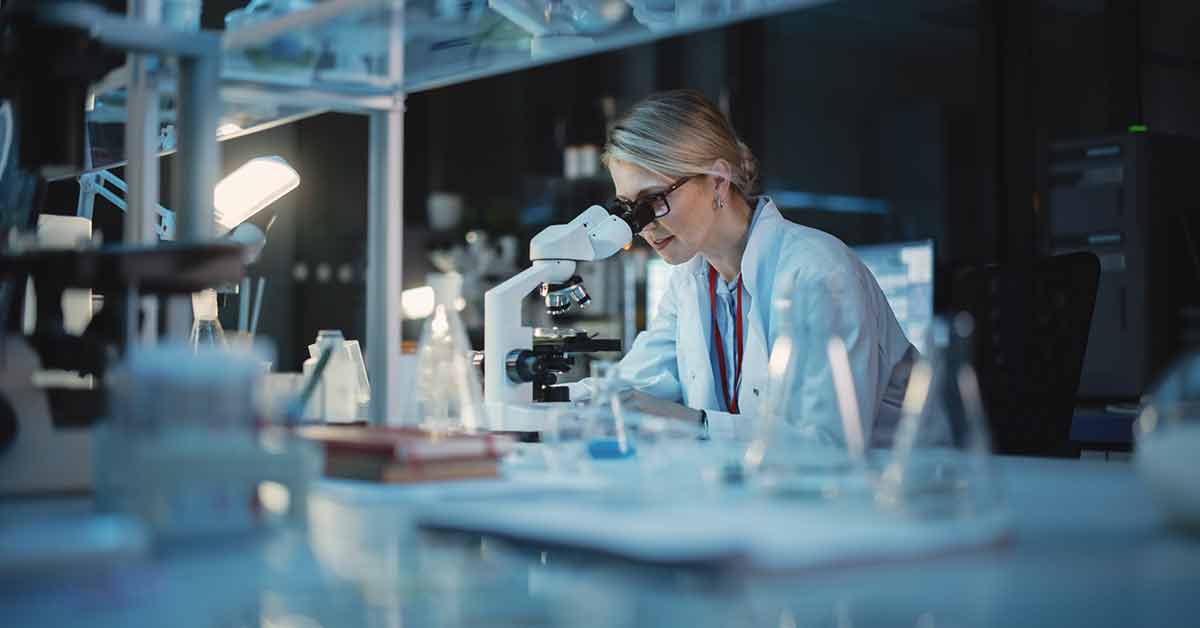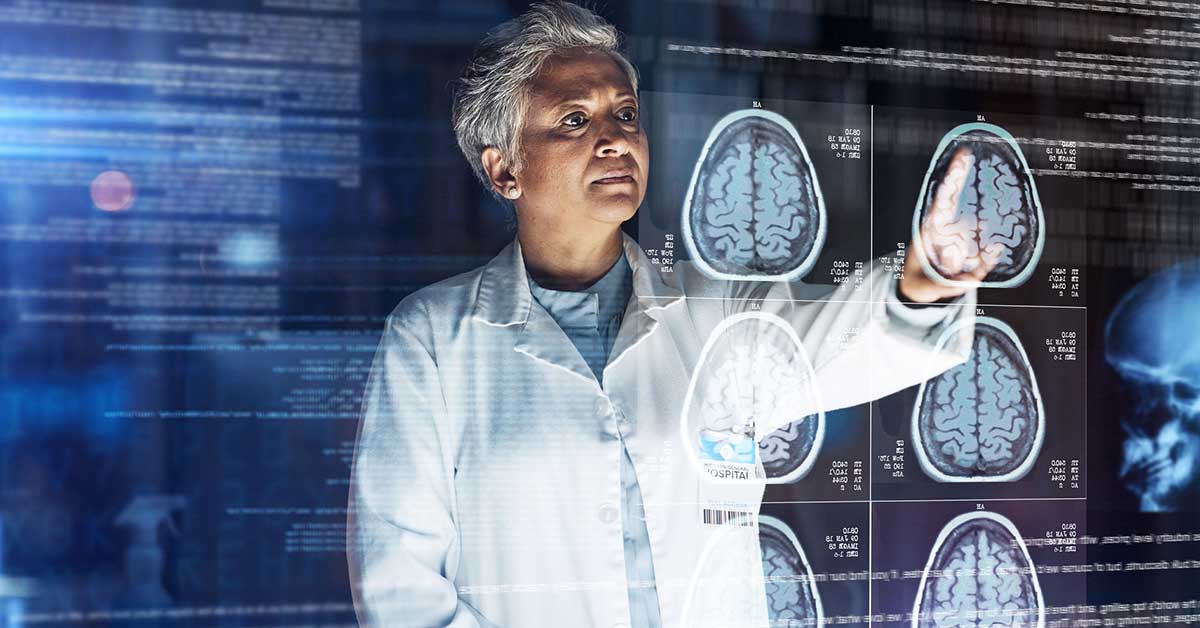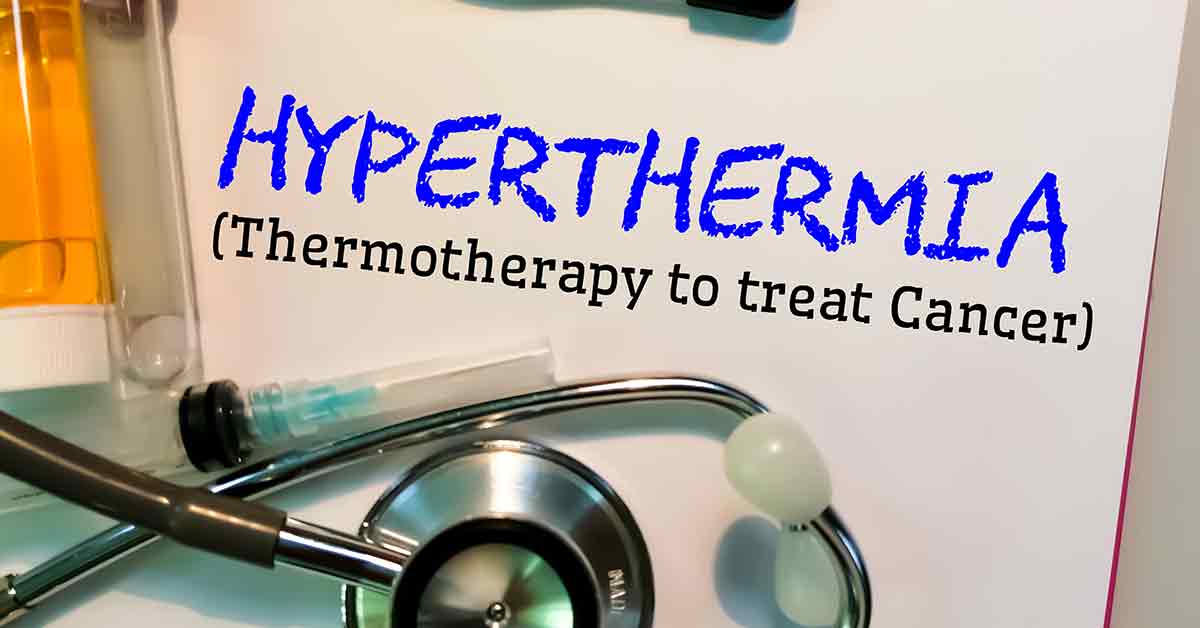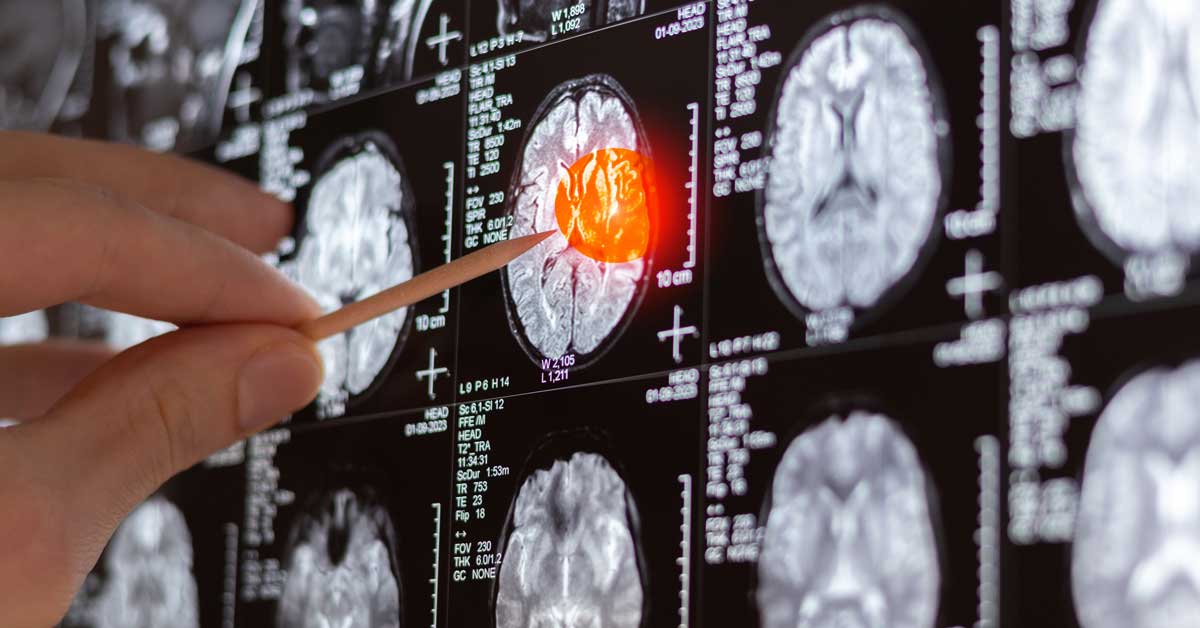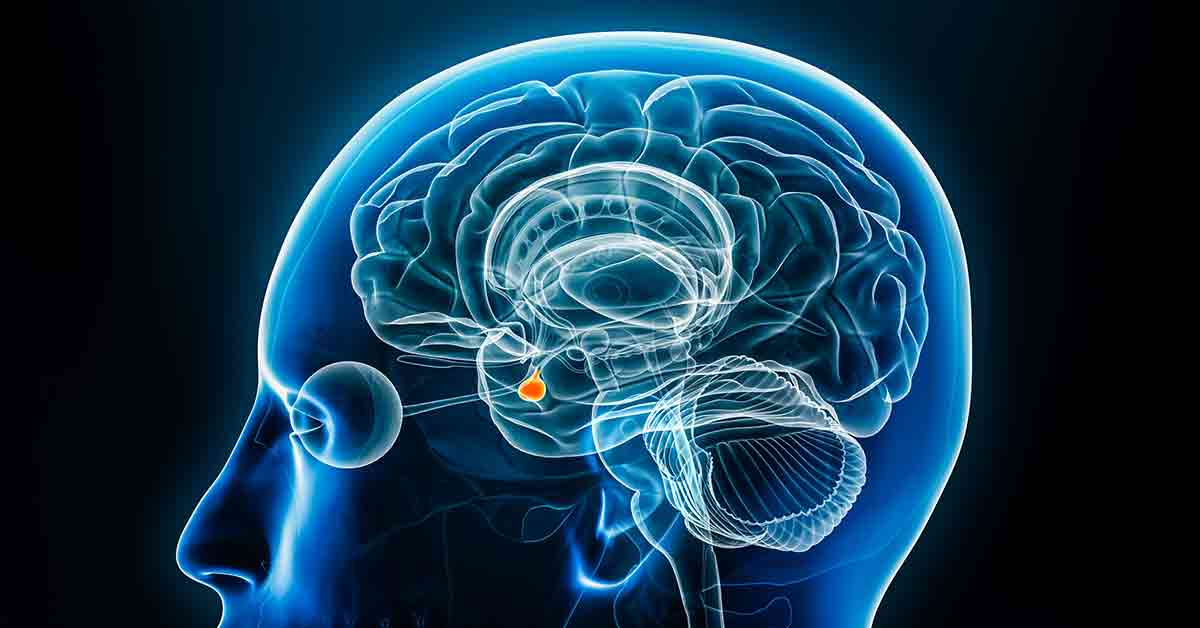Astrocytoma Brain Cancer
Contact Us
What is astrocytoma?
Astrocytoma is a type of brain tumor that arises from astrocytes, which are star-shaped glial cells in the brain and spinal cord. Astrocytes provide support, nutrients, and repair to neurons. When they grow abnormally, a tumor forms and can occur anywhere in the brain or spinal cord.
Back to Top
What are the signs and symptoms of astrocytoma?
The signs and symptoms of astrocytoma vary depending on the tumor’s size, location, and growth rate.
General symptoms can include:
- Headaches – often worse in the morning or with activity
- Seizures – new-onset seizures in adults can be a first sign
- Nausea and vomiting – especially in the morning, due to increased intracranial pressure
- Fatigue – feeling unusually tired or weak
Depending on the location of the tumor, neurological symptoms can include:
- Cognitive or personality changes – trouble thinking, memory loss, mood swings
- Weakness or numbness – usually on one side of the body
- Difficulty with speech or understanding language
- Vision or hearing problems
- Balance and coordination problems
These symptoms can also indicate other non-cancerous conditions, so it is important to discuss any symptoms with your healthcare provider.
How is astrocytoma diagnosed?
The first step in diagnosing astrocytoma is a physical examination so that your doctor can evaluate the symptoms you are experiencing and discuss your health history. A neurological exam can assess reflexes, strength, coordination, vision, and speech. Various types of imaging tests such as magnetic resonance imaging (MRI) or CT scans can detect abnormalities and provide detailed information about the extent of any tumors. If imaging tests suggest the presence of cancer, a biopsy is performed to obtain a tissue sample for closer examination. Genetic or molecular testing on tumor tissue can help predict behavior and guide treatment.
What causes astrocytoma?
The exact cause of astrocytoma isn’t fully understood, but several factors can contribute to abnormal growth of supportive brain cells, including:
- Genetics: Changes in certain genes, including TP53, IDH1/2, ATRX, or EGFR, that control cell growth and division
Family history: A small percentage of astrocytomas may be linked to inherited genetic syndromes, such as Li-Fraumeni syndrome.
Other possible risk factors: Exposure to radiation (especially to the head) may increase the risk, however, most other environmental links are unclear or not strongly proven.
Most astrocytomas do not have a clear cause, and having risk factors does not guarantee someone will develop one.
Back to Top
Is astrocytoma genetic?
Astrocytoma is usually not inherited, so in most cases, it is not considered a genetic disease that runs in families. Most tumors arise from spontaneous mutations in the astrocytes over a person’s lifetime. It is best to talk with your doctor regarding any genetic predisposition.
Back to Top
Is astrocytoma curable?
The likelihood of a cure depends on several factors, including how early it’s detected, the stage and grade at diagnosis, patient’s overall health, and how the cancer responds to treatment.
Back to Top
How is astrocytoma treated?
Each patient and each cancer is unique. At FCS, physicians develop a personalized treatment plan in partnership with patients. Treatment options for astrocytoma depend on a number of factors, including the specific type and stage of cancer, possible side effects, and the patient’s overall health and personal preference. Treatment may include surgery to remove as much of the tumor as safely possible or to help relieve symptoms, or radiation or chemotherapy to shrink or slow the growth of tumors. Targeted therapy drugs may be used to attack specific genetic changes in tumor cells. Immunotherapies that harness the body’s own immune system to target cancer cells or clinical trials may also be an option.
What are common risk factors for astrocytoma?
Common risk factors for astrocytoma are limited since most cases occur without a clear cause. Although rare, some inherited syndromes (Li-Fraumeni syndrome, turcot syndrome, neurofibromatosis type 1 (NF1), may increase brain tumor risk.
Back to Top
Are there screening tests for astrocytoma?
There are no screening tests for astrocytoma in people without symptoms. Unlike some cancers, astrocytomas usually develop without warning signs and early detection is challenging.
Back to Top

